Artists Dan Hays, Jane Lawson and Claire Tindale explore the opportunities and challenges that arise as we adapt to new technological formats for storing and sharing information. Over five centuries ago, Johannes Gutenberg's invention of the mechanical printing press revolutionised access to literature, and with it, all aspects of society - from politics and religion to science and education. The subsequent development of libraries and global publishing made it possible for millions of people to access texts from all over the world and now, new innovations allow us to hold entire libraries in the palm of our hand - and transfer them across continents in seconds.
As digital humans, we find ourselves in a world of virtual bookshelves, navigating a course through a seemingly infinite sea of data. While digitisation projects strive to store as much data as possible in the Cloud, what will be the role of books and libraries? Will they eventually become obsolete, or are there particular benefits they will always retain, and how will we, as digital humans, continue to react and adapt our behaviour?
Associated events:
BiblioTECH: artists' talks & Q&A
Join the exhibitors to hear about the background of the works on display and the ideas and processes behind their practices. Refreshments will be available, and the artists will be joined by Allie Johns, Senior Lecturer in Digital Marketing & Digital Human Behaviour at Manchester Metropolitan University. Allie will draw on her accompanying short article ‘A little digital learning is a dangerous thing. Or is it?’
Artist's Workshop: Identifying Fake News Toolkit
Exhibiting artist Jane Lawson leads a collaborative session to develop a handbook of methods to identify and respond to ‘fake news’. Discuss the history of the phenomenon and its relation to new technologies.







